Janice Swink lives with her husband, brother, and two children in Kentucky. She was diagnosed with frontotemporal dementia in 2015, and has been documenting her journey on Twitter ever since. Her inspirational and candid words have provided visibility and inspiration for others living with dementia, while also providing an invaluable perspective for family and professional caregivers.
Below is the first part of my exclusive conversation with Janice for Joe & Bella. It’s been edited for length and clarity.
Janice: I just forgot my phone number. So I had to ask my husband, Eric, “What is my phone number?” And that's a first for me.
Ben: Sorry to hear that, bet it's not easy.
Janice: It's okay. It's just I have trouble with my memory and stuff, but this is actually the first time not remembering my phone number.
Ben: How long have you been living with dementia?
Janice: I was diagnosed in November of 2015. Probably already had it for a couple of years prior to that diagnosis, and I thought that what was happening to me was due to fibromyalgia. So, I kind of just blamed my challenges with balance and depth-perception all on that issue of mine.
But after about three years of these symptoms, I was officially diagnosed. One day, I started having trouble getting my words out. And my husband and I came out of Walmart, which we frequented probably weekly, and I had no idea where we were. Later on he told me that the look on my face was just panic-stricken. I gave up driving after that, before I was ever diagnosed, because it scared me so bad. I thought I could cause a really bad accident, and I obviously didn't want to do that. That's what finally led to my family doctor to tell me that she thought I had early-onset dementia, and that's what started me on the road to the diagnosis.
Ben: How old were you when symptoms first started popping up?
Janice: I was around 60.
Ben: One of my best friend's mother has early onset dementia. We all noticed her behavior change a couple of years before she got that official diagnosis. She had a new speech pattern. She acted differently, including of all things spending a lot more money than she used to. Then she started getting in some car accidents. Her friends and family were worried, but some of the changes were so subtle that there wasn’t some big warning that things weren’t going well until these series of car accidents. And it took a couple of years to get to that point. What was that time like for you?
Janice: I just I thought it was from the fibromyalgia until I started having problems getting words out. Then I thought something's not right. I was shocked when my doctor told me she thought I had early-onset, because I thought dementia was only something people much older than me would get. I had never heard of the younger onset dementia.
The first neurologist I saw thought it was frontal-temporal dementia. Then I was sent to a neuroscientist for more tests. The doctor thought I wasn’t trying on the tests, and assumed I didn’t try because I was depressed. Well of course, I was trying. Of course I was depressed. But, no, those things aren’t related. We even found out later that the test I was taking was only to determine if I had Alzheimer's, but not the type of dementia that I have. So that was an eye-opener. It was very hard to experience that because I knew that something was wrong with me and I wanted to get to the bottom of it, but then my doctor accused me of being lazy and not trying.
Ben: During that time, as you were trying to figure out what's going on, how were you feeling? Were you nervous? Did you feel doomed? Were you trying to fight through it and stay optimistic?
Janice: During this time, I was so focused on figuring out what was going on that I didn’t really think about what it would lead to. My doctors were trying to put me on Alzheimer's medication even though I don't have Alzheimer's. My husband figured out that Alzheimer's medication could actually make my type of dementia progress faster. So then we spent a while looking for a new doctor.

Eventually we got an appointment with Dr. Robert Friedland at the University of Louisville. He's the head of the neurology department and he only sees dementia and Alzheimer's patients. And he had like 13 blood tests done on me. He did everything he could to rule out other things that could be wrong with me. But the MRI had showed that shrinkage had started in the temporal areas of my brain.
When we went in to his office for the diagnosis, he showed us how he checked out all other possibilities. He told me it's not this, this, or this. And he said, you do have FTD [frontotemporal dementia]. There's no cure. It's a terminal illness. There's no medication that will cure it. And he said most people live five years.
Ben: That must not have been easy to hear.
Janice: After leaving the doctor, my husband and I drove home together. And I asked my husband, "What am I supposed to do, just sit here until I die?" And I kind of gave up at that point for several months, waiting around for death for quite some time. Living like that, in bed everyday with the shades drawn and the door closed, really messed with me.
I thought one day, “You know what? I don't want to leave my family. I'm not ready for this.” So I made myself get out of bed. And I started doing a little more. And I thought, “What can I do that’s good with this diagnosis? How can I take something so bad and use it for good?” And that's when I told my husband that I wanted to start talking about what it's like for me live with this. And maybe I can help one person and it will be worth it if I can help one person. So that's how I got started on making videos and posting what happens to me each day in the hopes that caregivers can learn from it. And I connected with people, others who were suffering with dementia, to let them know they're not alone.
Please stay tuned for the second and third part of my conversation with Janice.












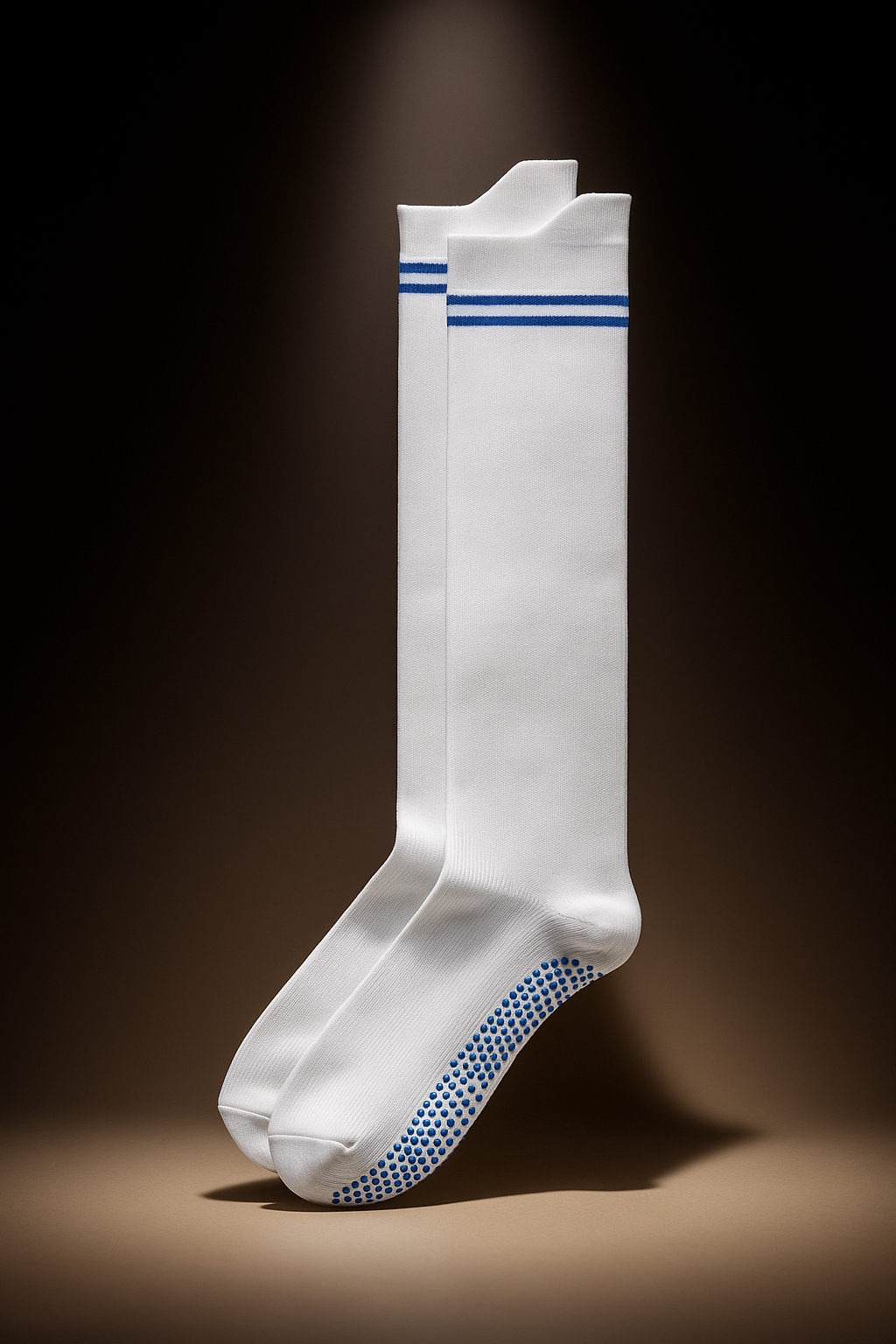












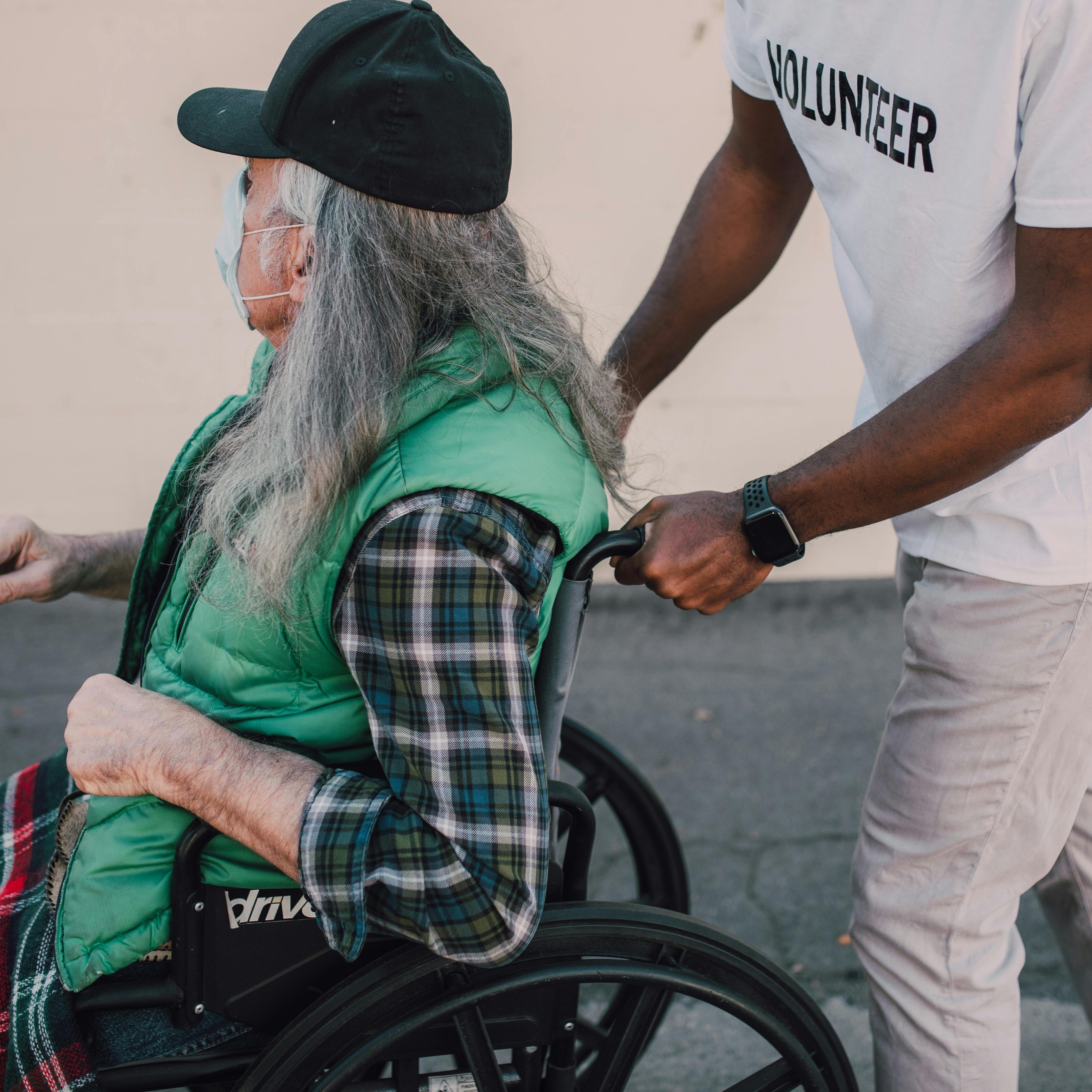





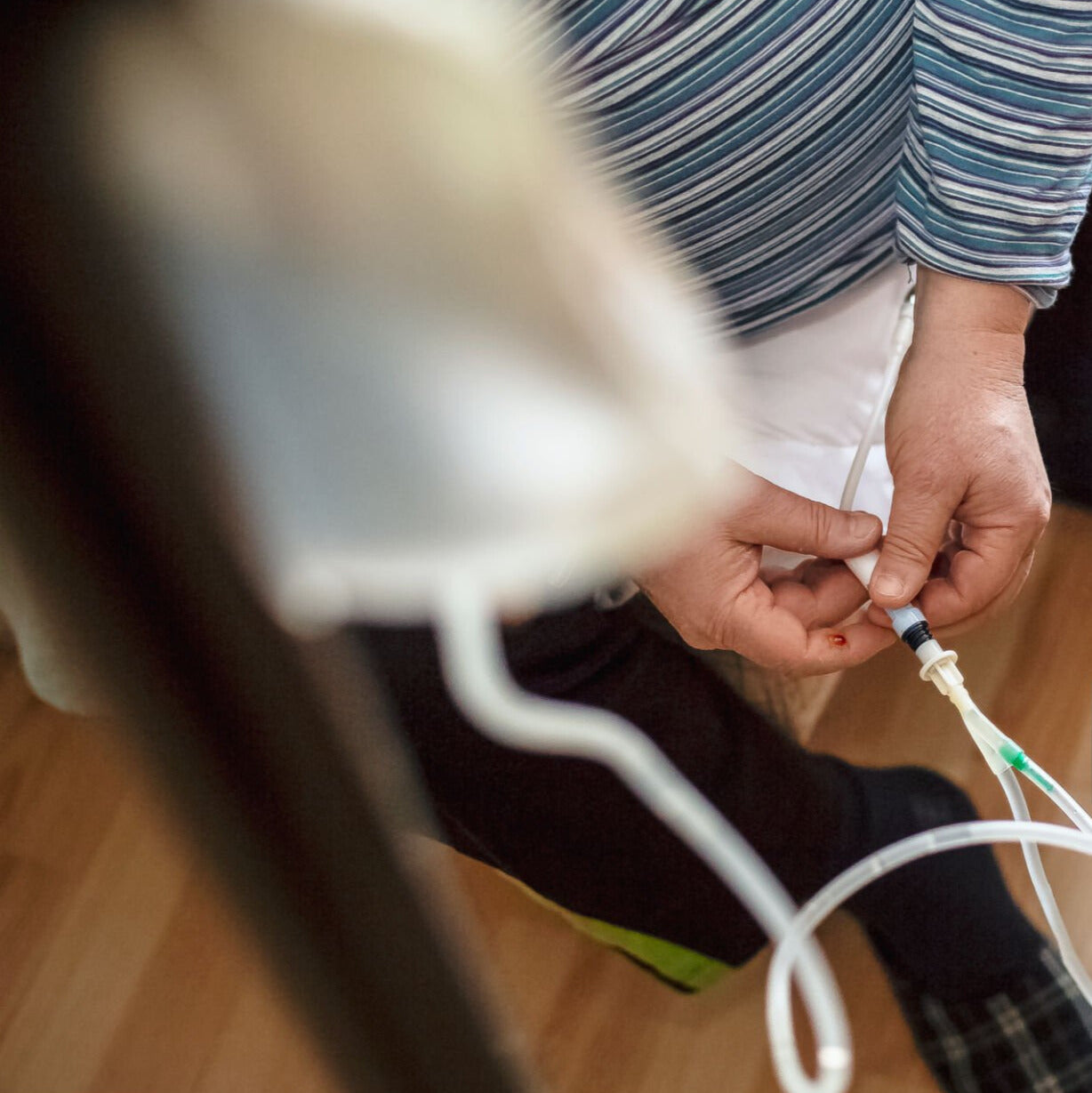

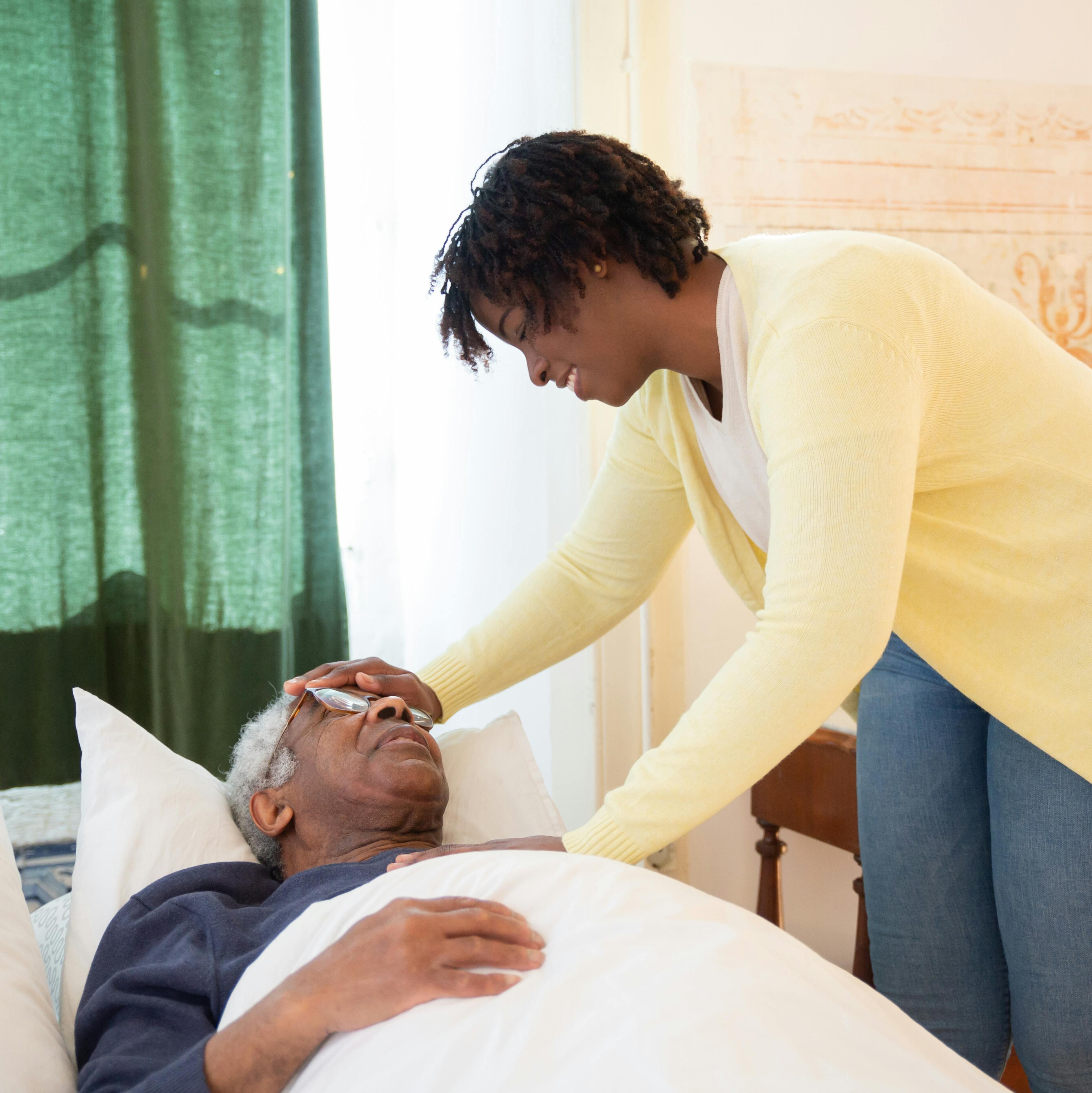




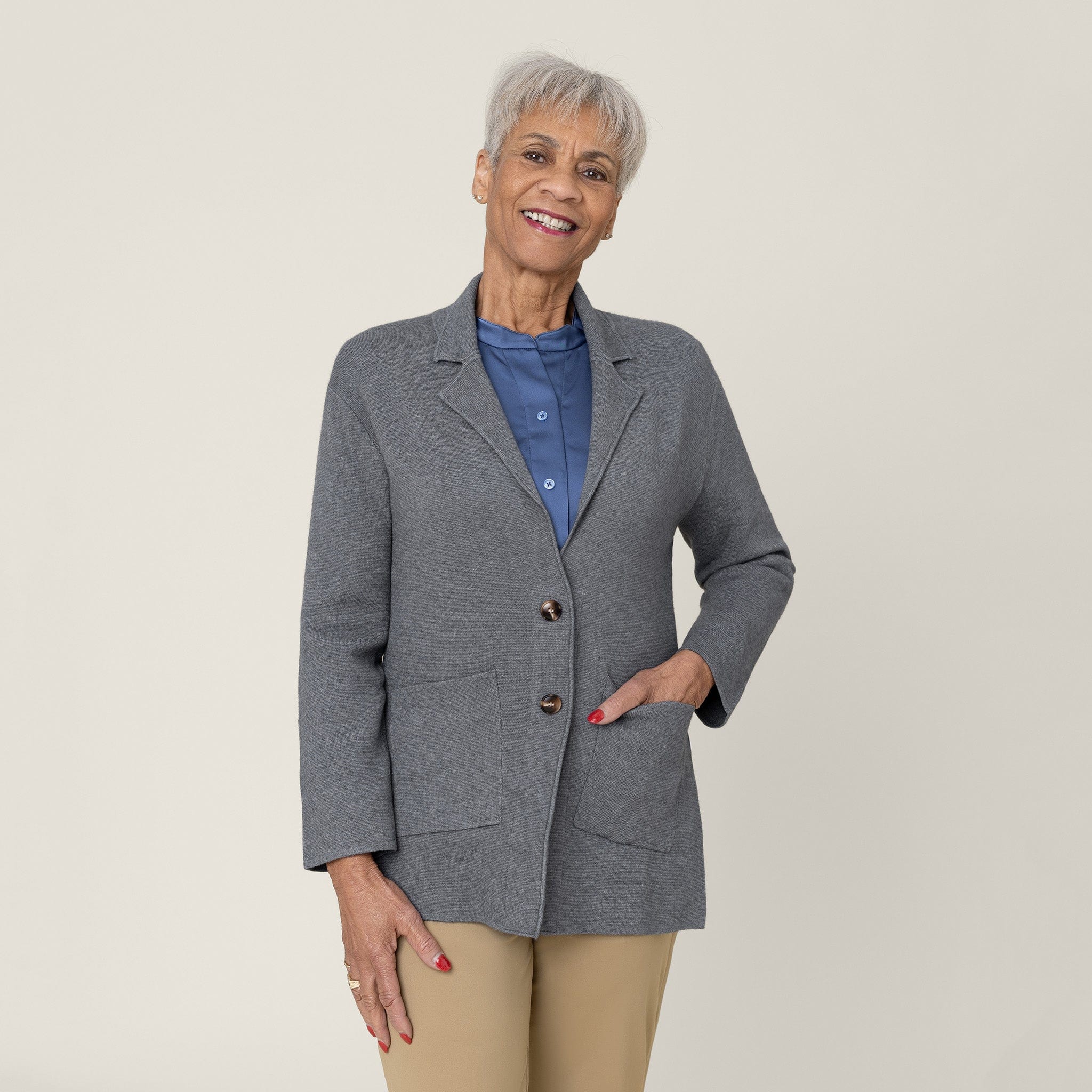




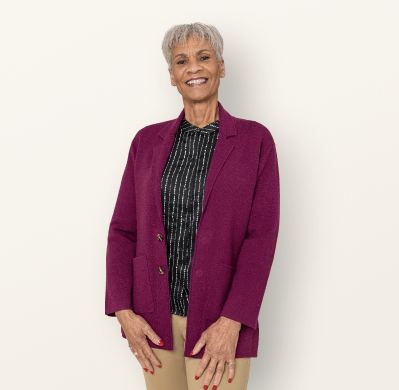
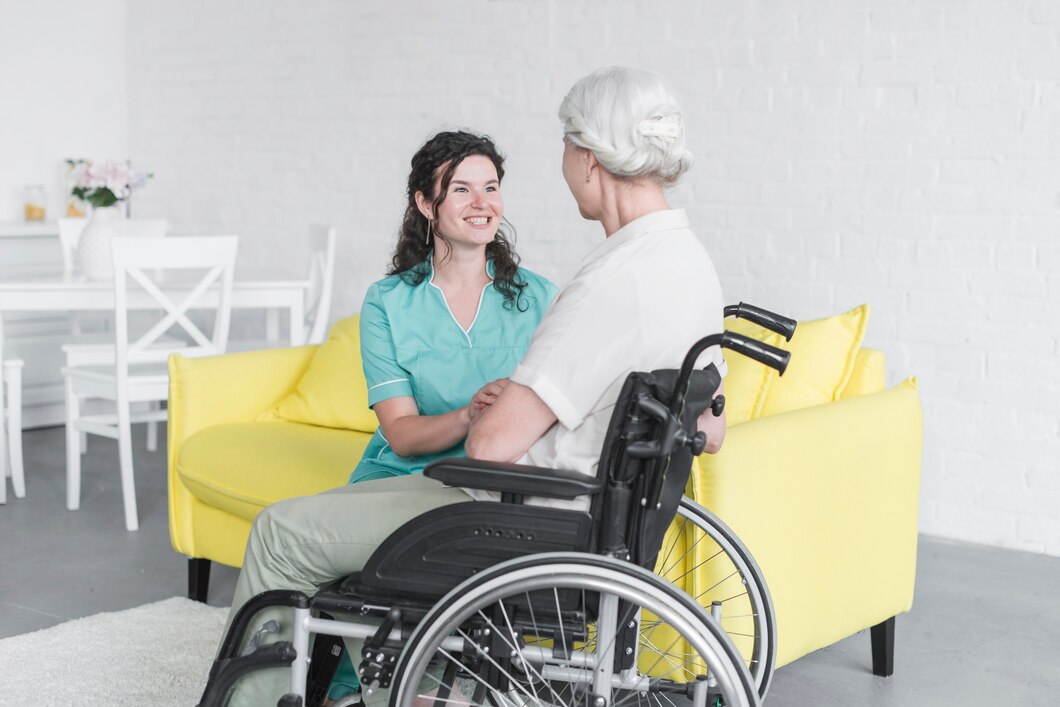


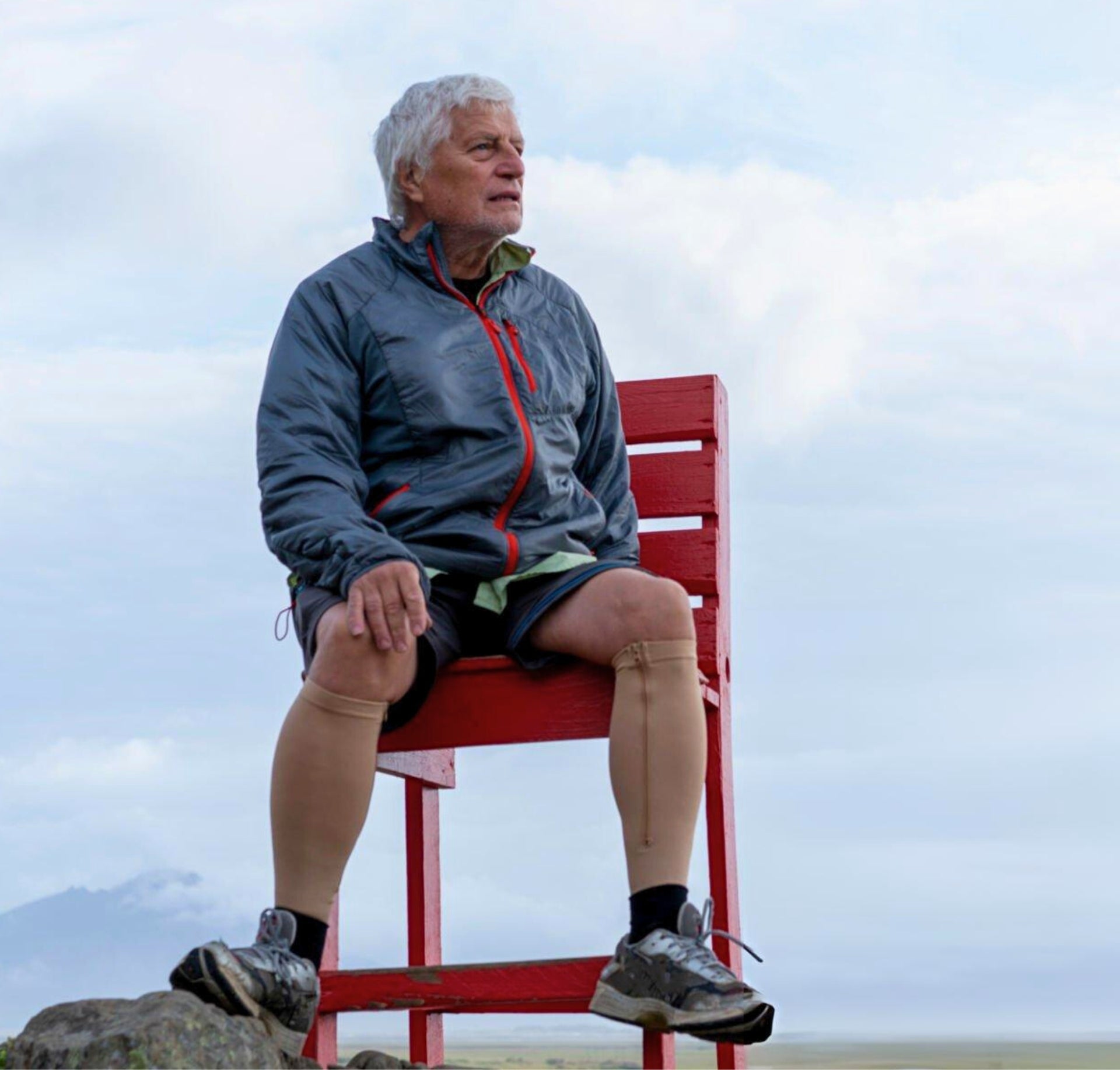










1 comment
I have followed Janice’s tweets for a while. Her comments help me to deal with my husband’s dementia due to traumatic brain injuries (from multiple concussions). Plus, she is a remarkable lady to do what she does every day. Thanks for the interview. I look forward to the rest of it.